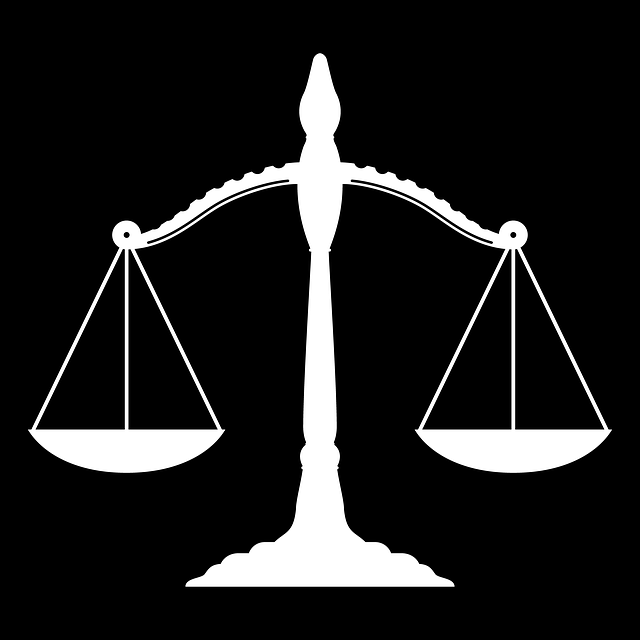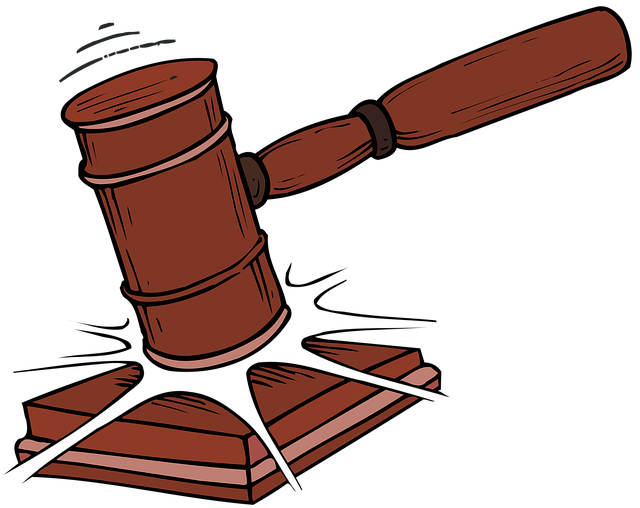Consumer protection laws are essential for safeguarding consumer rights against misleading advertising, unsafe products, and unfair pricing. In drug possession cases, understanding these legal frameworks is crucial for defense strategies. Individuals can navigate complex proceedings with expert legal representation, challenging evidence admissibility, procedural errors, and utilizing case precedents. Effective defenses not only protect individual rights but also promote fairness and transparency in the marketplace. Case studies highlight successful tactics, emphasizing thorough examination of law enforcement procedures from initial encounters to post-arrest processes. As consumer protection laws evolve, future legal approaches will focus on corporate and individual accountability, enhancing oversight and penalties to secure ethical conduct within the pharmaceuticals industry.
Consumer protection suits are crucial for ensuring pharmaceutical companies adhere to ethical practices and safety standards. This article delves into the intricate legal framework surrounding these suits, exploring key aspects like understanding consumer protection laws, defending against drug possession allegations, and analyzing successful case studies. We also examine the evolving landscape of consumer protection in the pharmaceuticals industry, focusing on effective defense strategies for consumers. By examining these legal approaches, we aim to empower individuals navigating complex drug possession scenarios.
- Understanding Consumer Protection Suits: A Legal Framework
- When Drug Possession Turns into a Legal Battle
- Exploring Defense Strategies for Consumers
- Case Studies: Successful Legal Approaches in Drug Possession Cases
- The Impact and Future of Consumer Protection Laws in the Pharmaceuticals Industry
Understanding Consumer Protection Suits: A Legal Framework

Consumer Protection Suits are a critical legal framework designed to safeguard the rights of consumers and ensure fair business practices. These suits encompass various legal approaches aimed at holding businesses accountable for misleading advertising, unsafe products, or unfair pricing. When individuals face harm due to such violations, they can seek justice through consumer protection laws. Understanding these legal avenues is crucial, especially in cases involving complex issues like drug possession, where a strong defense strategy is essential.
The legal landscape surrounding consumer protection offers diverse tools for defending against accusations. By employing strategic legal approaches, those accused of white-collar and economic crimes, such as drug possession, can navigate the complexities of these cases. This includes leveraging the support of both philanthropic and political communities to achieve extraordinary results in defense strategies. Ultimately, a comprehensive understanding of consumer protection laws is vital for ensuring fairness in legal proceedings related to these matters.
When Drug Possession Turns into a Legal Battle

When an individual is accused of drug possession, what starts as a law enforcement encounter can quickly escalate into a legal battle, especially when substantial amounts are involved or there’s a history of prior offenses. The focus then shifts from simply possessing drugs to potential criminal charges and subsequent consequences. This is where understanding the legal approaches for defending drug possession becomes paramount for both corporate and individual clients.
Expert legal representation plays a crucial role in navigating these complex cases, often relying on strategic maneuvers such as challenging the evidence’s admissibility or arguing against procedural errors. An attorney with an unprecedented track record of success in defending his clients against drug possession charges can make all the difference, ensuring a fair outcome and minimizing potential penalties.
Exploring Defense Strategies for Consumers

When faced with consumer protection suits, consumers can employ various legal approaches for defending against drug possession charges. One of the primary strategies involves understanding the nuances of general criminal defense. This includes challenging the admissibility of evidence and questioning the procedures followed by law enforcement during the seizure of allegedly illegal substances. By scrutinizing every step of the process, consumers can aim to weaken the prosecution’s case and potentially secure a favorable outcome.
Additionally, for more complex cases involving white collar and economic crimes, specialized legal teams can craft compelling arguments centered around procedural errors or interpretations of consumer rights. The goal is not just to win challenging defense verdicts but also to set precedents that protect consumers from unjust practices. These strategic defenses not only safeguard individual rights but also contribute to a fairer and more transparent marketplace.
Case Studies: Successful Legal Approaches in Drug Possession Cases

In the realm of consumer protection suits, particularly when it comes to drug possession cases, understanding successful legal approaches is invaluable. Case studies highlight effective strategies that have led to winning challenging defense verdicts in jury trials. These involve meticulously examining all stages of the investigative and enforcement process, from initial encounters with law enforcement to post-arrest procedures.
Legal professionals have navigated these cases by employing robust defenses, questioning the admissibility of evidence, and presenting compelling alternative narratives. Such approaches have not only challenged prosecution claims but also ensured fair trials. Through these successful legal approaches for defending drug possession cases, individuals accused of such offenses now benefit from a more robust defense mechanism, underscoring the importance of due process in consumer protection.
The Impact and Future of Consumer Protection Laws in the Pharmaceuticals Industry

Consumer protection laws play a pivotal role in safeguarding patients’ rights within the pharmaceuticals industry. As regulatory frameworks evolve, these laws are instrumental in ensuring drug manufacturers and distributors adhere to ethical standards. The impact is profound, fostering transparency, preventing harmful practices, and empowering consumers with knowledge about their medications. By implementing stringent regulations, authorities aim to achieve extraordinary results in holding accountable those who compromise patient safety.
The future of consumer protection in pharmaceuticals promises enhanced legal approaches for defending drug possession. With an emphasis on corporate and individual client responsibilities, these laws are designed to secure the supply chain from fraudulent activities. Through comprehensive oversight and strict penalties, including complete dismissal of all charges for instances of compliance, the industry is pushed towards a more ethical and transparent direction.
Consumer protection suits, particularly those involving drug possession, highlight the intricate balance between consumer rights and pharmaceutical industry regulations. Understanding the legal framework and employing effective defense strategies are key to navigating these complex cases. As seen in various case studies, successful legal approaches have far-reaching implications, shaping the future of consumer protection laws within the pharmaceuticals industry. By examining these strategies, consumers can better protect themselves and ensure fair practices, ultimately fostering a safer and more transparent drug market. This comprehensive overview emphasizes the importance of both robust legal defenses and stringent consumer protection measures.






